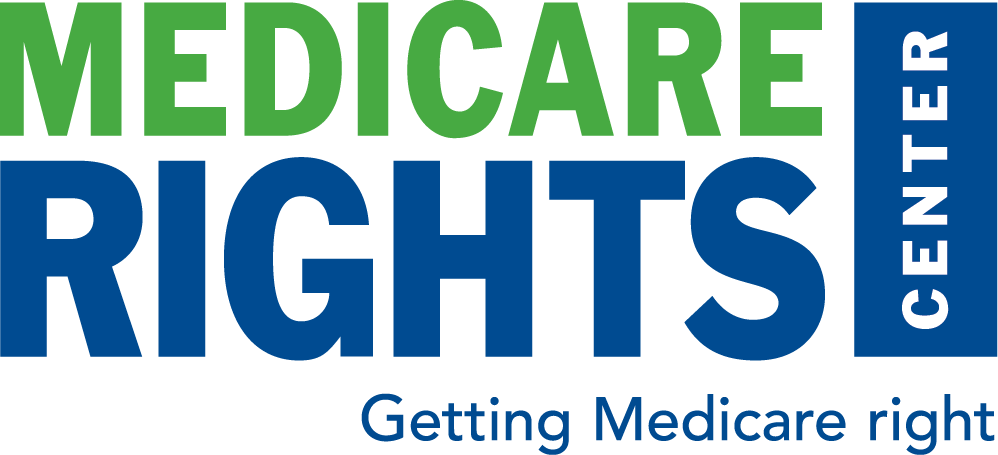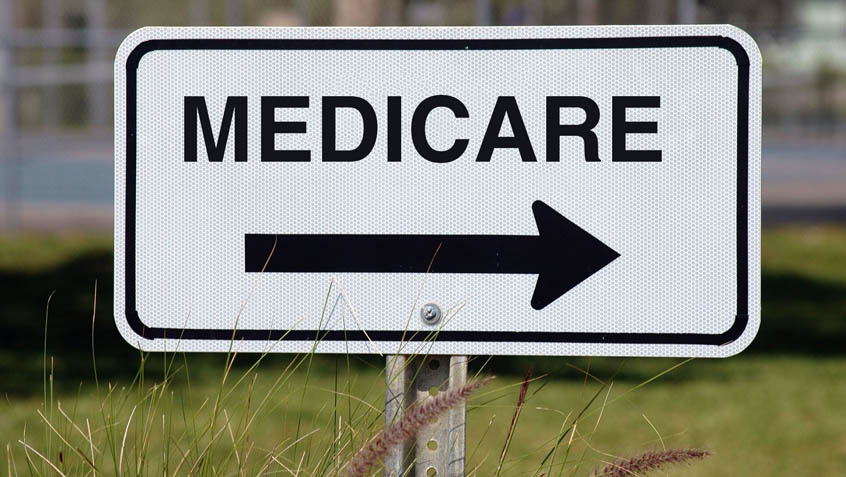
New Report Details High Out-of-Pocket Costs for Some with Medicare
A new analysis from the Kaiser Family Foundation (KFF) underscores these challenges. According to the report, people with Original Medicare spent an average of $5,460 out of their own pockets for health care in 2016. Nearly half of this spending was for services outside of Medicare, such as LTSS (32%) and dental care (14%). The other half was largely devoted to meeting beneficiary cost-sharing obligations, including for provider-based care (22%) and prescription drugs (21%).








